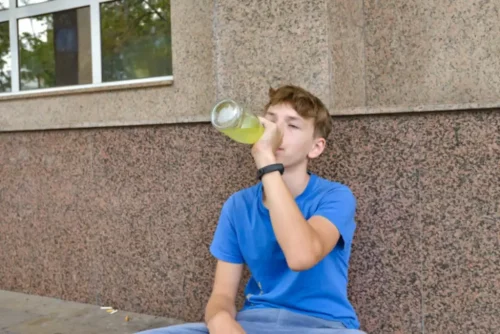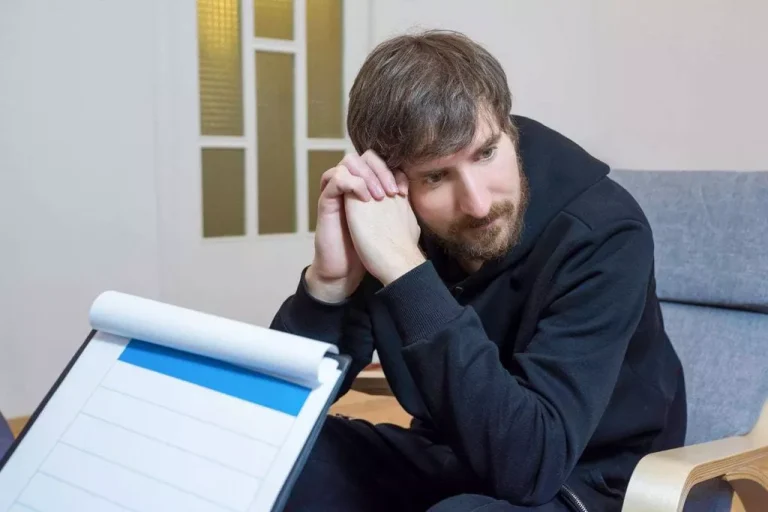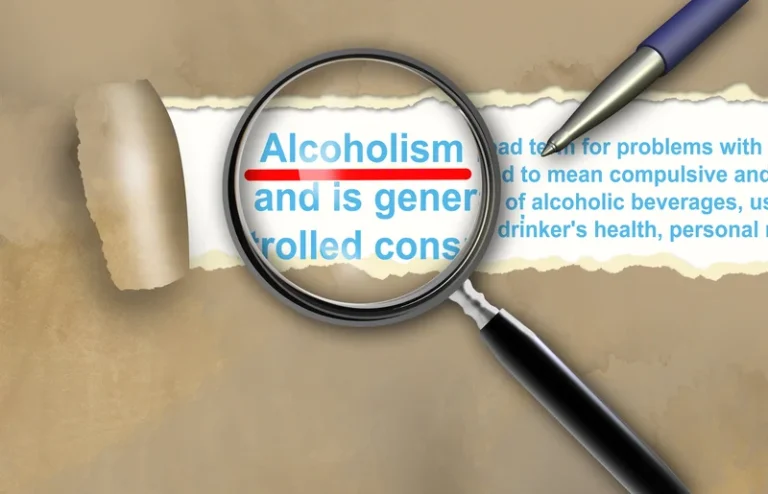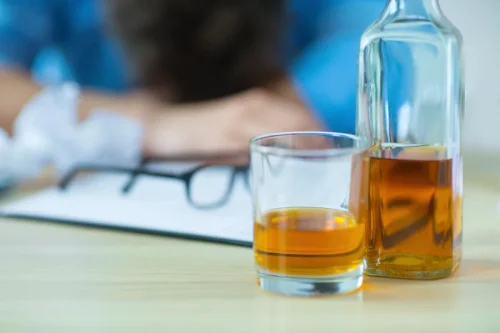
Known as the “sober curious,” a growing number of people are selectively quitting alcohol. It all began in 2013 with a challenge called “Dry January,” during which participants took a month-long break from drinking following boozy holiday gatherings and rowdy New Year’s Eve parties. But what exactly happens to the brain when a person who regularly drinks goes cold turkey — even for a short while? For one, most research related to brain changes after alcohol use has studied the brains of heavy drinkers or people who misuse alcohol and then become sober. Recovering alcoholics experience substantial and variedthinking deficits at 2 weeks into recovery.
Type and quantity of alcohol intake
Or maybe you’re caught up in conversation when suddenly you have trouble remembering that darn word or detail that just slipped out of reach. But if your thinking has been affected suddenly and gradually worsens so you have difficulty focusing or putting your thoughts into words, you may be experiencing what people call brain fog. A few ibuprofen and a massive glass of water can cure your basic hangover symptoms, but brain fog after drinking isn’t always so easy to shake. In addition, our experiential therapy programs, such as equine therapy and TREM, have proven to be effective in treating alcohol addiction and mental health problems. The exact cause of alcoholic brain fog is still unknown, but it is believed to be due to several factors. Alcohol is a diuretic, which increases the amount of urine produced by the kidneys and can cause dehydration.

Alcohol Addiction Treatment Programs
Dixie has provided care to seniors in many settings, including homes, hospitals, trauma units, nursing homes and assisted living facilities. No matter where she cares for patients, she makes sure their unique needs are met. She brings that dedication to WelbeHealth as she cares for a diverse population of seniors. Some of her specialties include acute care, transitional care and chronic disease management. Richard Gurley’s professional passion is improving quality of service and reducing costs in the US healthcare system.
- She is enthusiastic about providing compassionate education, safety and healthcare.
- Brain fog from alcohol — also known as hangover brain fog — usually lessens within 8 to 24 hours after drinking.
- A dynamic and team-oriented senior-level professional with 23 years of experience leading and developing healthcare programs in a non-profit health care/social service setting.
- This article will dive deeper into what brain fog is, how it’s related to alcohol, what the symptoms of it are, and much more.
Alcohol And Brain Fog: How To Get Rid Of It In Recovery

The resulting deficiencies can lead to cognitive impairment and alcohol-related brain damage. Before we dive into alcohol’s impact, it’s important to remember that the amount you drink completely changes its overall effect on your brain health. But, there is some evidence showing that light and moderate drinking may have its upsides too. Alcohol feels great in part alcohol brain fog because it increases dopamine short term, but your brain actually adapts and eventually the small feeling of reward that comes from drinking can dissipate. Over time, dopamine production decreases once your tolerance goes up, meaning you may need more alcohol to feel the same boost over time. Abstinence can often reverse the harm that drinking may do to the brain.

However, in cases of heavy drinking or alcohol use disorder, cognitive fogginess can persist for several days. Alcohol-induced brain fog is a state of confusion, lack of focus and mental obscurity that can occur after drinking alcohol and during withdrawal. If you’re seeking a fresh start, a Greenville South Carolina rehab center can offer detox programs that effectively manage withdrawal symptoms and safely eliminate alcohol from your body.
But, if all you’re experiencing is a little bit of fogginess, it might be worth it to test out a few lifestyle changes. Brain fog recovery time can be impacted by the severity of alcohol abuse, mental health issues, and lifestyle habits. Taking proper steps to treat these issues can help minimize its duration. One effective alcohol addiction treatment is through cognitive behavioral therapy (CBT). It helps individuals recognize and change negative thought patterns and behaviors that lead to alcohol misuse. Just like a plant needs water and sunlight to grow, your brain needs proper nutrition and hydration to function optimally and maintain healthy brain cells.

To recover faster, focus on staying hydrated, eating nutritious meals, resting adequately, and engaging in gentle exercise to stimulate blood flow and oxygen to the brain. Here at Sunnyside, we use the science behind habits to help you reach your goals. We make it easy to follow your patterns, catch your triggers, and offer 24/7 support with a community of like-minded people and trained coaches. Try our free 3-minute quiz and get a personalized plan and free trial to see how it will work for you. Following a list of tips isn’t easy, especially if you try to do them all at once. Our brains don’t do well at multitasking, that’s why choosing one very tiny goal at a time offers you the best chance of success.
- That’s what brain fog feels like; a state of confusion, lack of focus, and mental obscurity.
- She joined Optum as part of Landmark Health, the nation’s largest provider of in-home value-based care, which she initially joined in 2015.
- Most recently, Ms. Shin served as CEO of Health Plan of San Joaquin, where she oversaw healthcare delivery to underserved areas of California.
- We offer partial hospitalization programs, co-occurring disorder treatment, and aftercare and alumni programs.

Alcohol is both a stimulant and a depressant, which significantly impairs cognitive functioning. Once the levels of alcohol in your body decrease, withdrawing from the substance can cause fatigue, headache, vertigo, hangxiety, and other symptoms of brain fog. While these strategies and remedies can help you manage and get through brain fog and other addiction symptoms, it is not a solution to your bigger problem. If you are dealing with alcohol addiction and are looking for an addiction treatment center in Massachusetts, contact our team at GBAC and take your first step towards recovery and sobriety.
Once you take away the chemical reactions that alcohol causes, your brain has to refigure out how to work normally again. Brain fog during the initial stages of withdrawal is often just your brain trying to figure out how it used to function before it was flooded with alcohol on a regular basis. Feeling mentally drained happens to everyone from time to time, especially when experiencing sleeping difficulties. But brain fog is not the same as fatigue or lethargy, although they often go hand in hand or co-occur with symptoms of other conditions. Brain fog can be hard to define since it is not a medical term or diagnosis. If your brain fog is disrupting your everyday routine or making it hard to perform daily tasks, you should make an appointment with a healthcare professional.







